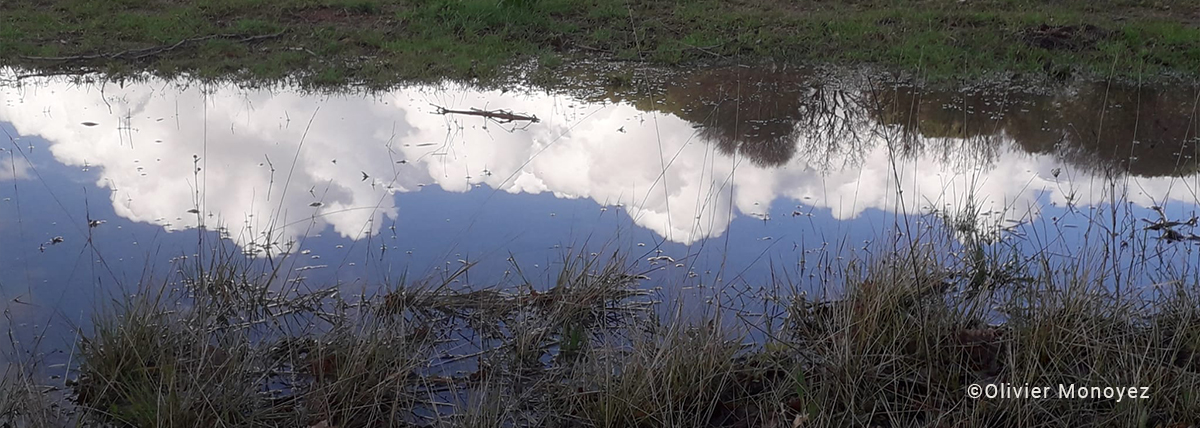
April 2024
Seminars
April 1 – 6
The Mediterranean 8th-7th century BC. J-C : for a connected story.
Seminar organized by Laetitia Graslin-Thomé and Arianna Esposito
The objective of this seminar will be to give the most complete and educational vision possible of the Mediterranean of the 8th and 7th centuries. The civilizations that surround it are very varied. Added to this is the great disparity of sources from which to write their history: Egypt and Mesopotamia are writing civilizations; elsewhere, the majority of testimonies are archaeological and their interpretation sometimes complex. Disciplines have been built on these different realities which, too often, communicate little. The ancient Mediterranean finds itself, in the minds of historians and students, compartmentalized, even though it was, in Antiquity, a major route of communication, through which men, goods and knowledge passed. The project of this seminar is the publication of a collective work of synthesis accessible to all, the subject of which will be the Mediterranean as a whole, beyond the usual academic divisions, for the period 8th-7th century.
April 15 – 20
Autonomy in questions
Seminar organized by Alexandre Gefen
Autonomy, the central moral and political value of modernity, and still an object of demand and desire, is the subject of virulent debate. In a world of individualism, mobility and competition, autonomy sometimes seems the other name of alienation: principle of generalized disconnection, of weakening of the forms of care and attention which make up the fabric of the social fabric, or of a morality closed in on itself, or of a detached and powerless aesthetic. However, neither moralism nor forms of social control and surveillance have disappeared and autonomy or self-confidence remains a desirable value, an aspiration which guides political subjects, a requirement in couple relationships, a ambition in aging or in education… These questions are all the stronger as the concept of autonomy has taken on an extension requiring interdisciplinary reflection: law, ethical philosophy, history and sociology of science, ethology and life sciences are here summoned.
April 29 – May 4
Programmed genome elimination : why do many eukaryotes delete parts of their genome ?
Seminar organized by Sandra Duharcourt
Genome stability is crucial to ensure the faithful transmission of genetic information through cell division and sexual reproduction. However, a number of organisms can reproducibly eliminate specific parts of their genome from specific cell types during development. This phenomenon is called “programmed genome elimination”. The main objective of this workshop is to share the expertise of scientists on the development of methodologies, molecular mechanisms, evolutionary genetics and the theory of these particular reproductive strategies. New collaborations between scientists working on programmed genome deletion in different experimental systems and different disciplines will broaden the impact of this meeting across the entire field of genome research.
Residential studies
April 15 – 20
Writing an educational guide on astronomy in elementary schools.
Small residential study organized by Gilles Cappe.
If the theme of astronomy remains very “attractive” for students, despite a certain number of publications that are not always very practical, it often remains presented by teachers in a very frontal manner. Not knowing how to do it, the teacher is most often content to provide students with knowledge without allowing them to assimilate through activity (observation, modeling, experimentation, documentary research) what he wants to transmit. The author wishes to offer teachers a reference work which addresses the entire official program (cycles 3 and 4) and includes, among other things, all the astronomical phenomena influencing terrestrial life (day, night, seasons, calendar, phases of the Moon, tides, etc.).
April 22 – 29
Macroscopic fluctuation theory, conservation laws and shocks.
Small residential study organized by Raphaël Chetrite.
This project aims to mathematically describe and physically understand the large-scale behavior and fluctuations of non-equilibrium particle systems. The theory of these fluctuations is based on the tools of the theory of large deviations: in particular the “Macroscopic Fluctuation Theory” [MFT]. However, many questions remain open. A recent theory [BMFT] provides a theoretical framework valid in the absence of shocks, which is clearly a very strong limit for hyperbolic conservation laws. The objective of this project is to incorporate shocks into this theory, to obtain a mathematically coherent description, and to determine the physically relevant consequences. [Learn more]
The author’s residency Prize
Cécile A. Holdban
In a story based on biographical elements, but also on his own notes during visits to various places where his works are exhibited, the Chagall museum in Nice, the Maeght foundation, the Garnier opera, the cathedrals of Reims , Metz and Mainz (for its stained glass windows), from his tomb in Saint-Paul-de-Vence, and from reading his own books and those he illustrated, she offers a personal portrait of Marc Chagall. She also wishes, through this theme rarely addressed in Chagall’s work, although it is absolutely central, to evoke the presence of exile and Jewishness in his pictorial universe. [Learn more]
The musical composition prize
Thomas Bordalejo
Sacem “Francis and Mica Salabert” Prize 2022, Tomás Bordalejo is a laureate of the Banque Populaire Foundation, and in 2019 he won the prize from the Tribune of Composers of Argentina (TRINAC). His project is centered around an instrument with deep Mediterranean roots and a history marked by migration: the mandolin. [Learn more]
